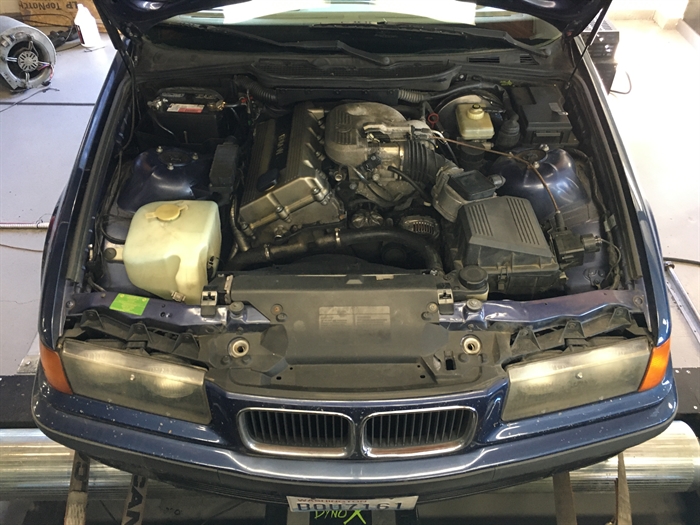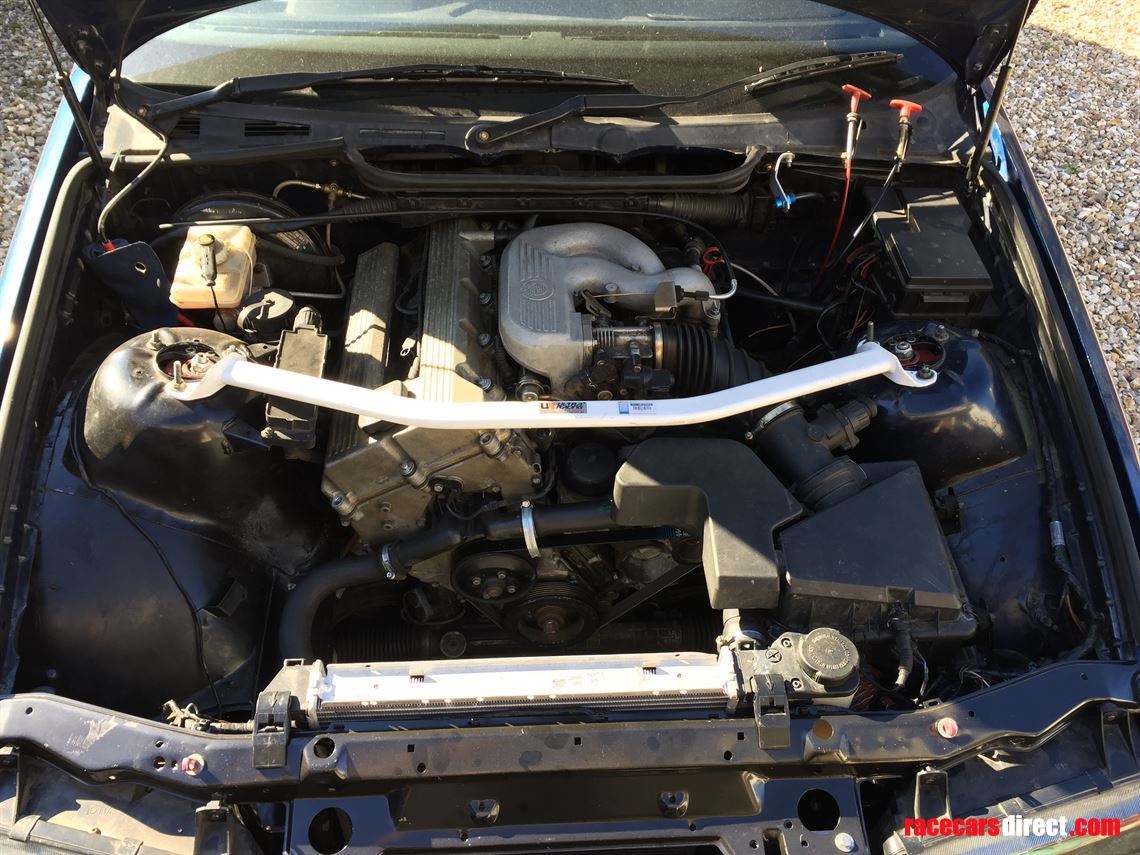BMW 318ti: A Comprehensive Overview to This Compact Powerhouse
Wiki Article
Vital Considerations for Choosing the Finest Engine for Your Requirements
In the realm of choosing the optimal engine to fulfill your requirements, a number of crucial elements need precise factor to consider to guarantee optimum performance and performance. From the nuanced balance in between power and performance to the often-overlooked elements of maintenance and service needs, each element plays an essential function in establishing one of the most appropriate engine for your details demands. As the intricacy of engine modern technologies proceeds to progress, critical one of the most fitting alternative requires a deep understanding of the interplay in between various factors to consider. By discovering the intricate web of variables that underpin this decision-making procedure, a clearer path emerges towards selecting an engine that not just fulfills but surpasses your expectations.Power and Performance
When reviewing engines for optimum efficiency, it is crucial to prioritize both power output and efficiency. Power result gauges the ability of an engine to create power, which directly impacts its efficiency. A high power outcome is important for demanding tasks such as high-speed needs or durable applications. It guarantees that the engine can handle the work properly and successfully. Power alone is not adequate; efficiency plays a significant duty in figuring out the general performance of an engine. Performance describes how well the engine converts gas right into useful power. A much more effective engine will deliver much better mileage, reduced discharges, and lowered operating expense. Striking the appropriate equilibrium in between power outcome and efficiency is crucial to selecting an engine that satisfies your specific needs. It is vital to think about factors such as the planned use the engine, ecological impact, and lasting cost effects when making this decision. By thoroughly examining both power and performance, you can choose an engine that delivers ideal efficiency and meets your demands effectively.Fuel Efficiency and Economic Climate
In the world of engine selection, the consideration of fuel effectiveness and economic climate holds extremely important importance. Fuel efficiency describes the engine's ability to convert fuel into energy with minimal waste, directly affecting operating expense and environmental sustainability. bmw 318ti. When selecting an engine, examining its fuel economic climate is crucial to establish long-lasting savings and environmental impact. Engines with higher gas performance not just reduce gas expenditures but additionally reduce carbon exhausts, contributing to a greener operation.

Compatibility and Application
Considering the gas efficiency and economic situation of an engine, the next crucial element to address is its compatibility and application within specific functional contexts. Compatibility refers to additional info how well the engine integrates with the total system or devices it powers. It involves elements such as physical measurements, installing alternatives, electrical user interfaces, and control systems. Ensuring compatibility is necessary to avoid concerns such as getting too hot, vibrations, or power discrepancies (bmw 318ti).Additionally, the application of the engine is just as important. Different engines are developed for details purposes, whether it be industrial machinery, marine vessels, cars, or power generators. Recognizing the intended application allows for the option of an engine that can deliver the required power outcome, torque, and operational attributes. A high-revving engine made for performance vehicles would certainly not be ideal for durable construction devices that needs high torque at reduced speeds.
Maintenance and Solution Needs
Maintenance and solution demands play an essential function in making certain the longevity and ideal efficiency of an engine. Normal upkeep is important to prevent malfunctions, expand the lifespan of the engine, and maintain its efficiency. When selecting an engine, it is necessary to take into consideration the manufacturer's suggested upkeep timetable and the accessibility of service centers or certified service technicians.Variables such as the regularity of oil modifications, filter replacements, and general evaluations can considerably influence the engine's performance. Some engines might require more frequent servicing based on their design and usage, while others might have longer periods in between upkeep this hyperlink checks. It is essential to stick to these solution demands to prevent expensive fixings and unexpected downtime.

Cost and Spending Plan Considerations
Budget restraints typically play a considerable duty in the decision-making procedure when choosing an engine for a particular application. When thinking about the expense and budget effects of choosing an engine, it is important to examine not just the preliminary Click This Link acquisition price but additionally the long-term expenditures related to upkeep, gas usage, and possible upgrades or repairs. It is vital to strike an equilibrium between the in advance price of the engine and its overall lifecycle expenses to make certain that the chosen engine continues to be monetarily sustainable throughout its functional life-span.Aspects such as fuel durability, performance, and dependability can directly impact the complete cost of ownership of an engine. While a more costly engine may have greater upfront prices, it might possibly result in lower upkeep and gas costs over time, thus using better worth in the long run.
Verdict

Gas effectiveness refers to the engine's capacity to convert fuel into power with minimal waste, directly influencing operating prices and environmental sustainability.Elements affecting gas efficiency include engine style, burning effectiveness, and overall efficiency optimization. In addition, selecting the suitable fuel type and quality as advised by the engine manufacturer can better enhance effectiveness and extend engine life expectancy.
Engines with excellent utility features and readily available parts can decrease maintenance expenses and lessen the time the engine is out of procedure - bmw 318ti. It is crucial to strike a balance between the upfront cost of the engine and its general lifecycle expenses to make certain that the picked engine continues to be monetarily lasting throughout its functional life expectancy
Report this wiki page